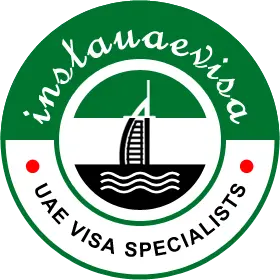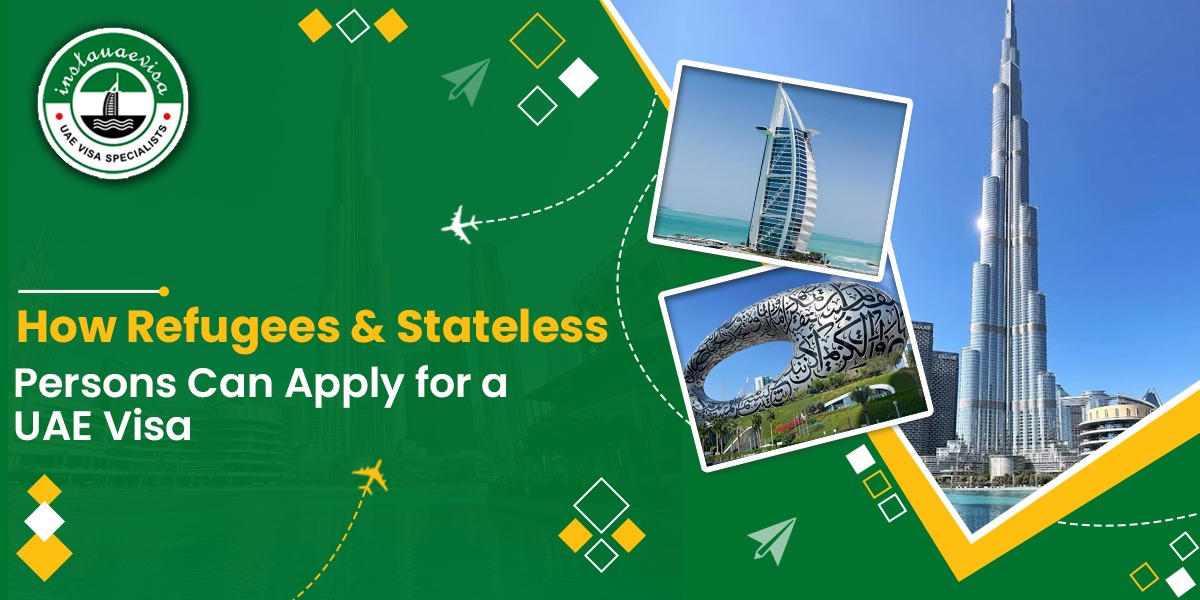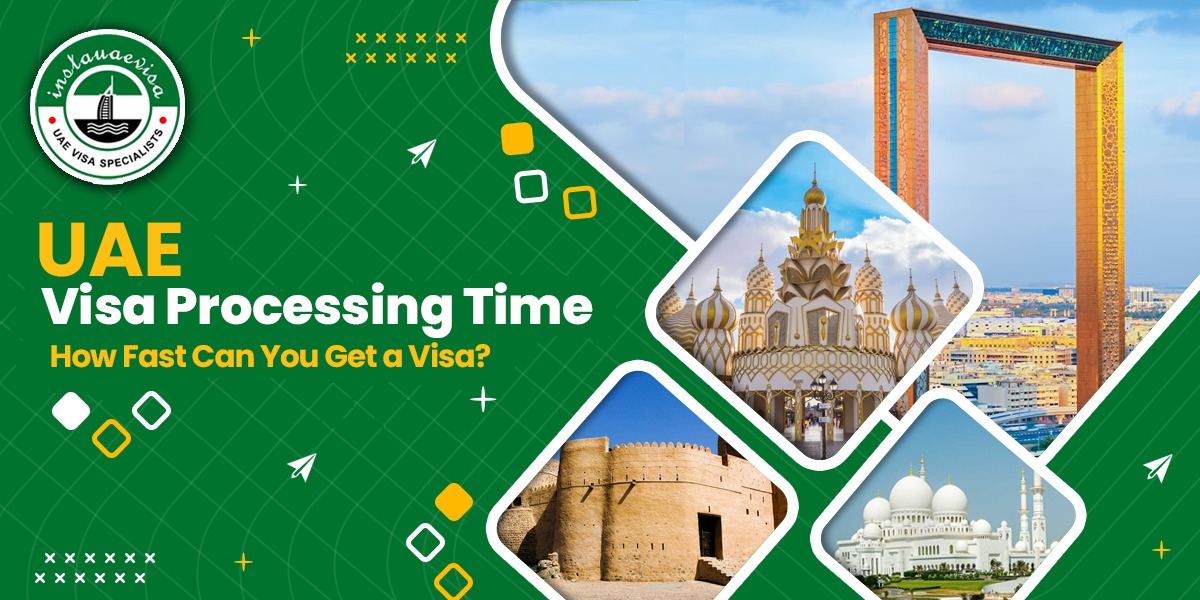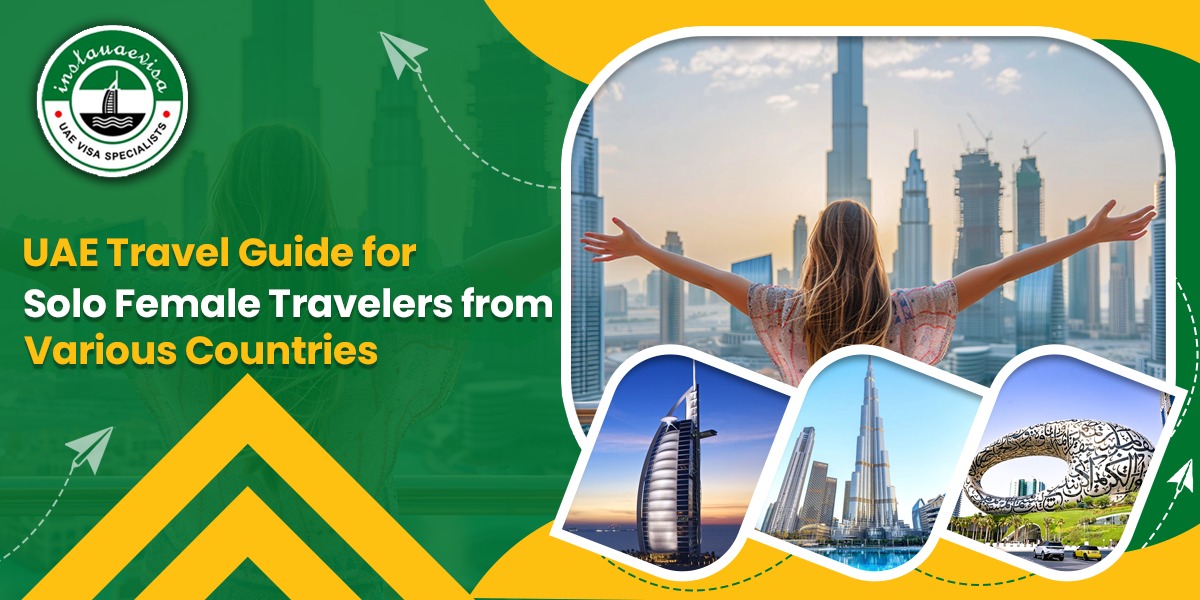The United Arab Emirates has established itself as a global hub for tourism, business, and cultural exchange. While the country maintains strict immigration policies, there are specific provisions and pathways for vulnerable populations, including refugees and stateless persons seeking entry into the UAE. This comprehensive guide explores the unique challenges faced by these individuals and outlines the available visa options, application procedures, and special considerations when applying for a UAE visa as a refugee or stateless person.
Navigating the immigration system can be particularly challenging for those without formal citizenship or those fleeing persecution. Understanding the nuances of the UAE's humanitarian visa provisions can make a significant difference in successfully obtaining legal entry and temporary residence in the country.
Understanding Refugee Status and Statelessness in the Context of UAE Immigration
Definition of Refugee Status
According to the United Nations High Commissioner for Refugees (UNHCR), a refugee is someone who has been forced to flee their country because of persecution, war, or violence. Refugees have a well-founded fear of persecution for reasons of race, religion, nationality, political opinion, or membership in a particular social group.
Definition of Statelessness
A stateless person is someone who is not considered a national by any state under the operation of its law. This can occur for various reasons, including discrimination against minority groups in nationality legislation, conflicts of laws between countries, or state succession.
UAE's Position on Refugees and Statelessness
The UAE is not a signatory to the 1951 Refugee Convention or the 1954 Convention relating to the Status of Stateless Persons. However, the country does provide humanitarian assistance and has cooperated with international organizations to address refugee crises. The UAE's approach to refugees and stateless persons is primarily guided by its domestic immigration laws and humanitarian considerations rather than international refugee frameworks.
Special Visa Categories for Vulnerable Populations
While the UAE does not have a specific "refugee visa" category, there are several visa pathways that may be accessible to refugees and stateless persons under certain circumstances:
Humanitarian Entry Permits
In response to specific crises, the UAE has occasionally issued humanitarian entry permits for displaced populations. These are typically coordinated through international organizations and diplomatic channels rather than through standard visa application processes.
Asylum Seeker Considerations
Though the UAE lacks a formal asylum system, individuals who reach UAE territory and seek protection may have their cases considered on an exceptional basis. This process is typically handled through the Ministry of Interior and may involve coordination with the UNHCR.
Special Sponsorship Arrangements
In some cases, refugees and stateless persons may obtain entry through special sponsorship arrangements with UAE government entities, international organizations operating in the UAE, or humanitarian initiatives.
Documentation Requirements for Refugees and Stateless Persons
One of the most significant challenges for refugees and stateless persons is providing adequate documentation. The following alternatives may be accepted in place of standard requirements:
Travel Documents for Refugees
- UN-issued Convention Travel Documents
- ICRC Travel Documents
- Travel documents issued by host countries
- Emergency travel certificates issued by diplomatic missions
Identification Options for Stateless Persons
- UNHCR certificates of identity
- Documentation from previous country of residence
- Birth certificates or other civil documentation
- Affidavits or sworn statements attesting to identity
Supporting Documentation
- UNHCR registration certificates
- Proof of refugee status determination
- Letters of support from international organizations
- Evidence of persecution or statelessness
Application Process for Humanitarian Entry
The application process for refugees and stateless persons differs from standard visa applications and often requires additional steps:
Pre-Application Preparation
- Contact relevant international organizations: Establish contact with UNHCR, International Organization for Migration (IOM), or other refugee assistance organizations operating in your current location.
- Gather available documentation: Collect any identity documents, proof of refugee status, or evidence of statelessness.
- Secure support letters: Request official letters from international organizations vouching for your status and the humanitarian need for travel to the UAE.
Application Channels
- Through international organizations: In many cases, applications are processed through international humanitarian organizations that have established protocols with the UAE government.
- Through UAE diplomatic missions: In some instances, applications may be submitted directly to UAE embassies or consulates, particularly when part of established humanitarian programs.
- Through sponsor organizations: Certain UAE-based organizations with humanitarian mandates may facilitate visa applications for refugees and stateless persons in coordination with government authorities.
Application Submission
The application typically includes:
- Completed application forms
- Available identification documents
- Supporting letters from international organizations
- Statement explaining refugee status or statelessness
- Purpose and duration of intended stay in the UAE
- Evidence of financial support or sponsorship
Review and Decision Process
Applications from refugees and stateless persons typically undergo additional security and background checks. The timeline for processing can vary significantly depending on the individual circumstances and the current geopolitical situation.
Special Considerations for Different Groups
Families with Children
Family unity is a consideration in humanitarian cases. Applications for families with children may require additional documentation including:
- Birth certificates for children
- School records
- Vaccination records
- Evidence of family relationships
Unaccompanied Minors
Unaccompanied refugee minors require special handling and additional protective measures:
- Guardian appointment documentation
- Best interests assessment from child protection agencies
- Special authorization from UAE child welfare authorities
Individuals with Medical Needs
Refugees with urgent medical needs may be eligible for special consideration:
- Medical reports and treatment recommendations
- Letters from healthcare providers
- Evidence of arrangements with UAE medical facilities
Post-Approval Procedures
After receiving approval for entry to the UAE, refugees and stateless persons must complete several additional steps:
Travel Arrangements
- Coordination with sponsoring organizations for transportation
- Pre-departure health checks
- Cultural orientation and briefing on UAE laws and customs
Arrival Procedures
- Special immigration processing at ports of entry
- Biometric registration
- Issuance of temporary residence documentation
Registration with Authorities
Upon arrival, refugees and stateless persons must register with:
- Local immigration authorities
- Relevant international organizations operating in the UAE
- Community support services as applicable
Legal Status and Rights in the UAE
Understanding the legal status and associated rights is crucial for refugees and stateless persons:
Temporary Protected Status
Those admitted on humanitarian grounds typically receive temporary protection status, which may include:
- Legal right to remain in the UAE for a specified period
- Protection against return to danger (non-refoulement)
- Access to basic services
Access to Services
Depending on their specific status, refugees and stateless persons may have access to:
- Healthcare services
- Education for children
- Social services through designated organizations
Employment Considerations
Employment authorization for refugees and stateless persons is handled on a case-by-case basis:
- Special work permits may be issued in certain circumstances
- Volunteering opportunities with approved organizations
- Training programs for skills development
Renewal and Long-Term Solutions
Visa Extension Procedures
Temporary visas granted on humanitarian grounds typically require renewal:
- Documentation of continuing need for protection
- Proof of compliance with UAE regulations during previous stay
- Updated supporting letters from relevant organizations
Pathways to Regularization
While permanent residency options are limited, some pathways to more stable status may include:
- Special residency programs for vulnerable populations
- Sponsorship by employers for those with specialized skills
- Family reunification with legally resident relatives
Resettlement Opportunities
For some refugees, the UAE may serve as a temporary safe haven before resettlement to third countries:
- Coordination with UNHCR for resettlement applications
- Preparation for integration in potential resettlement countries
- Documentation requirements for third-country applications
Support Resources for Refugees and Stateless Persons
International Organizations Operating in the UAE
- UNHCR liaison office
- International Organization for Migration (IOM)
- International Committee of the Red Cross (ICRC)
Local Humanitarian Organizations
- Emirates Red Crescent
- Dubai Cares
- Sharjah Charity International
Community Support Networks
- Diaspora community organizations
- Religious institutions providing humanitarian assistance
- Informal support networks for specific national or ethnic groups
Challenges and Considerations
Cultural Adaptation
Refugees and stateless persons must navigate significant cultural differences:
- Understanding local customs and traditions
- Religious considerations and practices
- Language barriers and communication challenges
Legal Limitations
Important restrictions to be aware of:
- Limited mobility between emirates without proper authorization
- Restrictions on political activities
- Adherence to strict local laws and regulations
Financial Considerations
- Limited access to banking services
- Restrictions on financial assistance
- Challenges in transferring funds internationally
Conclusion
While the UAE does not have a standardized refugee visa program, there are pathways for refugees and stateless persons to gain legal entry and temporary protection under specific circumstances. The process requires careful preparation, coordination with international organizations, and an understanding of the UAE's humanitarian policies.
For those facing persecution or statelessness, navigating these complex immigration procedures can be challenging. However, with proper guidance, documentation, and support from relevant organizations, vulnerable individuals may find temporary safety and stability in the UAE while longer-term solutions are pursued.
Remember that each case is unique, and application outcomes depend on individual circumstances, current geopolitical considerations, and the UAE's evolving policies on humanitarian immigration. Seeking assistance from established international organizations and legal advisors specialized in refugee protection is strongly recommended for those navigating this complex process.
Frequently Asked Questions
Q: Can refugees apply for a standard tourist visa to the UAE?
A: While technically possible, standard tourist visas typically require documentation that refugees may not possess. Humanitarian entry channels are generally more appropriate for those with refugee status.
Q: Does the UAE recognize UNHCR refugee status determination?
A: The UAE is not a signatory to the Refugee Convention but may consider UNHCR documentation as supporting evidence in humanitarian cases.
Q: Are there refugee camps in the UAE?
A: The UAE does not maintain refugee camps within its territory but has funded and established humanitarian camps in other countries affected by displacement crises.
Q: Can stateless persons born in the UAE obtain citizenship?
A: UAE citizenship laws do not automatically grant citizenship based on birth in the territory. Stateless persons born in the UAE face complex legal situations that require specialized legal assistance.
Q: What happens if a refugee's application for entry to the UAE is rejected?
A: Rejected applicants may seek review of the decision through the sponsoring organization, explore alternative host countries, or seek assistance from international organizations for other durable solutions.




